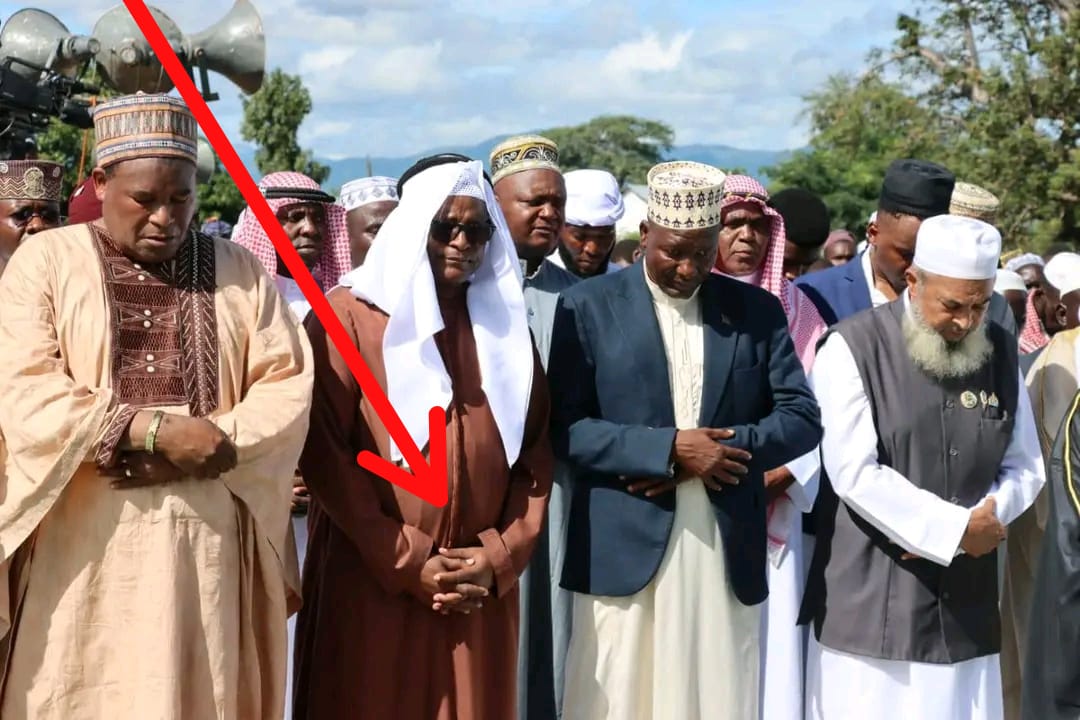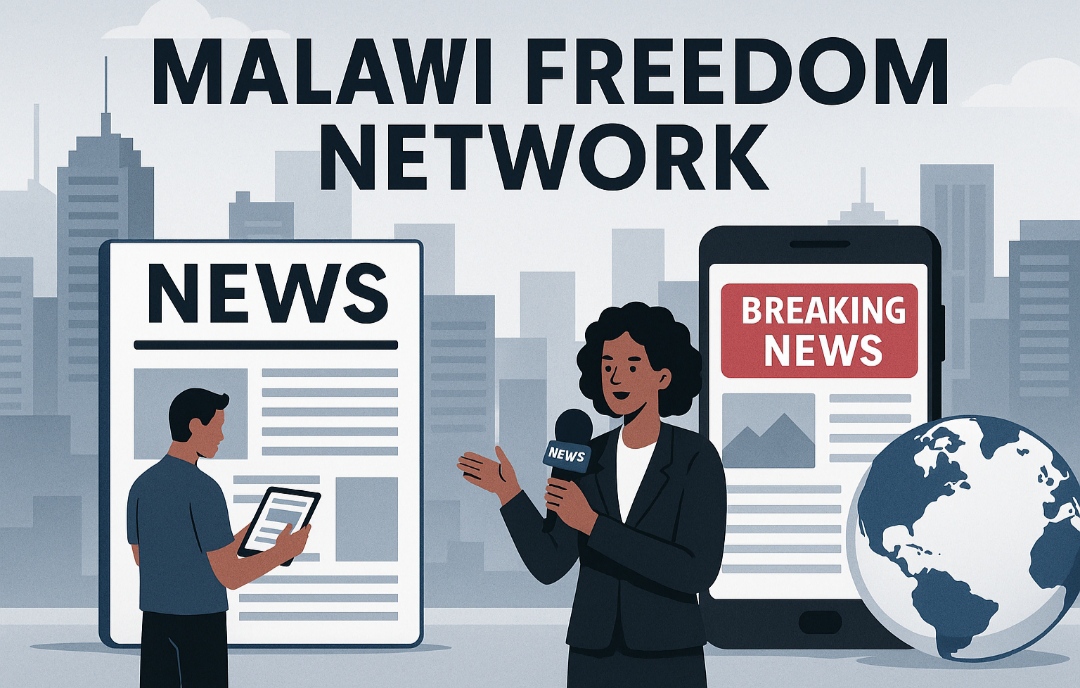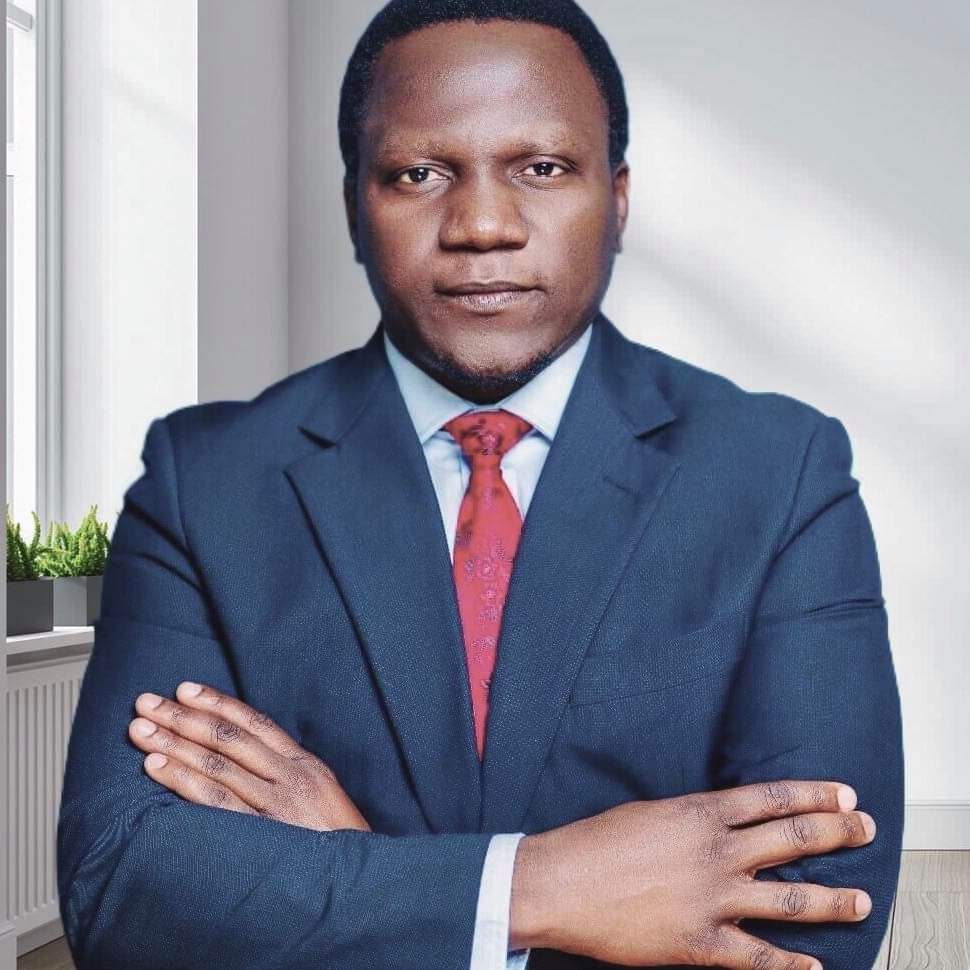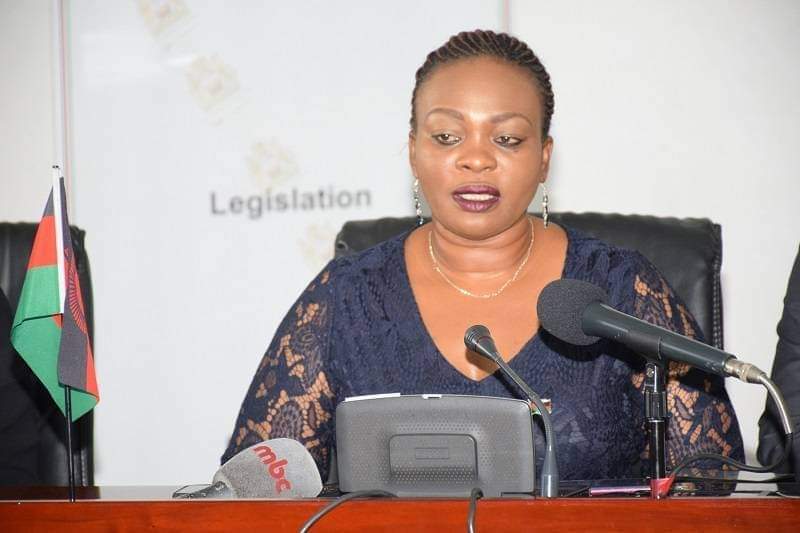By Burnett Munthali
Some members of the Muslim faith community have raised concerns over the presence of President Lazarus Chakwera during Eid Mubarak prayers on Monday, March 31, 2025.
While some saw it as a gesture of national unity, others questioned whether his attendance was politically motivated and whether Islamic religious gatherings should be influenced by political considerations.
The debate erupted shortly after the Eid prayers, which took place at the Lilongwe Main Mosque, where President Chakwera joined Muslim faithful in marking the end of Ramadan.
While his presence was acknowledged and welcomed by some Muslim leaders, others felt that it introduced an element of drama into a sacred religious event.
Critics argue that Islam, like other religions, should remain independent of political maneuvering.
They believe that having a non-Muslim leader in such a significant prayer gathering raises questions about the separation of religion and politics.
Some have gone as far as to ask: “Kodi chipembedzo chachisilamu chikulowesedwa drama chifukwa chani?” (Why is Islam being turned into a drama?)
On the other hand, supporters of President Chakwera’s presence argue that Malawi is a secular state that upholds religious freedom and tolerance.
They see his attendance as a sign of respect and inclusivity, emphasizing that a head of state should engage with all religious communities, regardless of his personal faith.
The controversy has also brought to light concerns over whether political leaders attend religious events for genuine reasons or for political gain.
With Malawi’s next general elections approaching in 2025, some Muslims suspect that such gestures are strategic moves to win votes from the Muslim community, which constitutes a significant portion of the population.
However, other observers maintain that political and religious harmony is crucial in a diverse society like Malawi.
They argue that engagement between political leaders and different religious groups should be encouraged rather than criticized.
According to them, such interactions promote unity, peace, and national development.
As discussions on this issue continue, it remains to be seen whether future Eid celebrations and other religious gatherings will become platforms for political presence or whether religious communities will set clear boundaries to maintain the sanctity of their events.
For now, the Muslim community remains divided on the matter, with some welcoming political engagement and others calling for a more cautious approach in preserving the independence of their faith.




